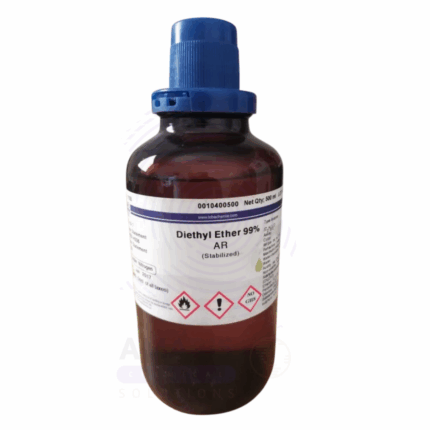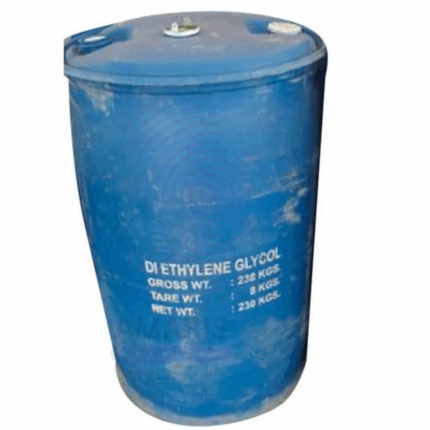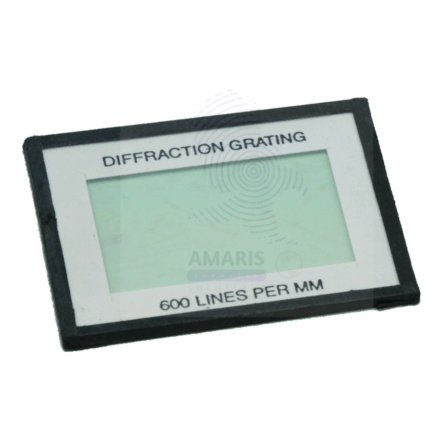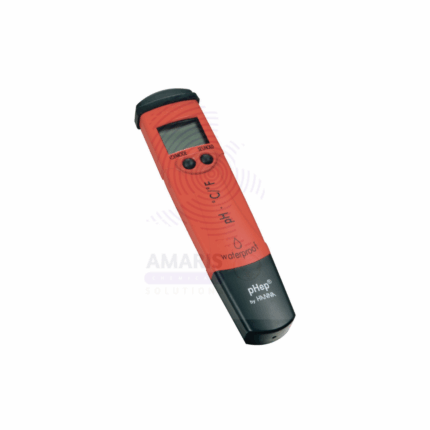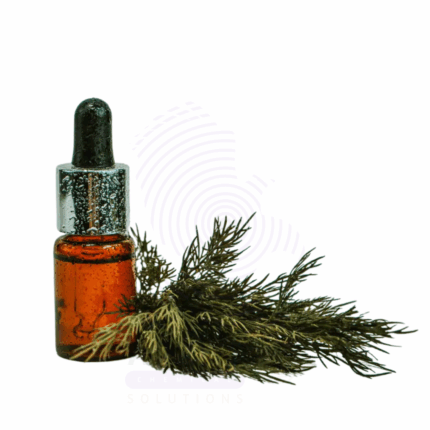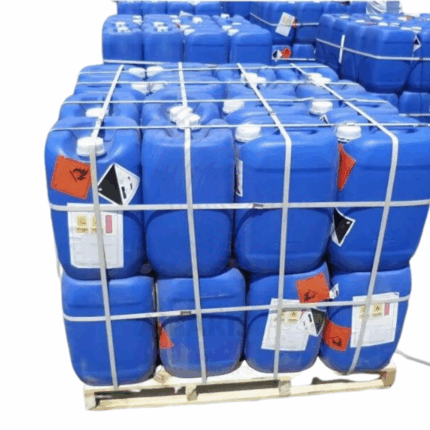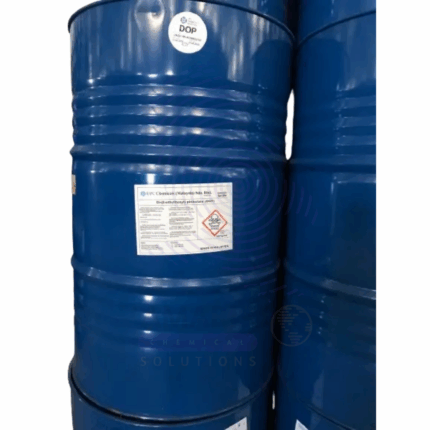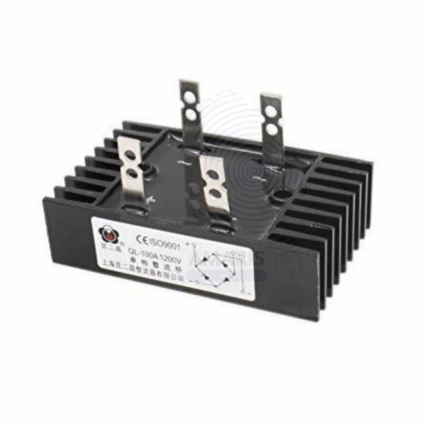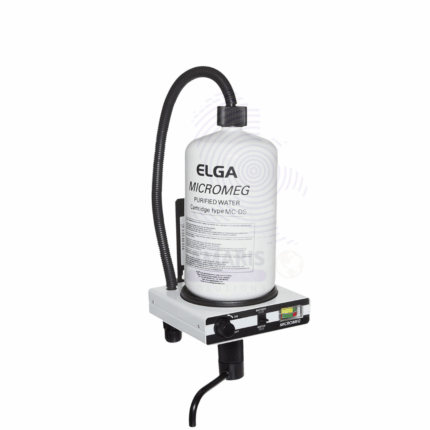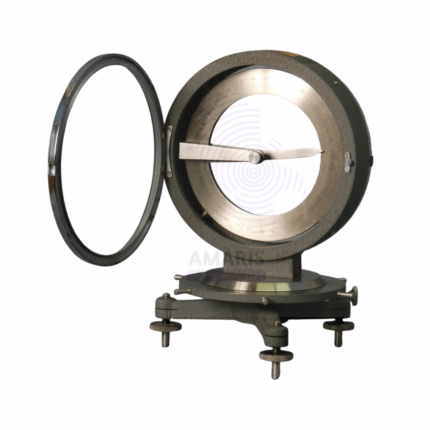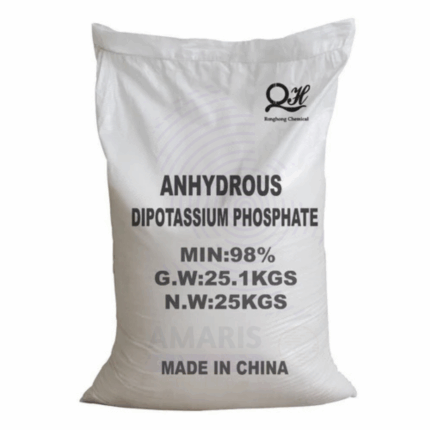
Deionized Water
Deionized Water (DI Water), also known as demineralized water, is highly purified water that has had almost all of its mineral ions (such as sodium, calcium, iron, copper, chloride, and sulfate) removed through ion exchange, reverse osmosis, or other purification methods. It is a clear, colorless, odorless liquid with extremely low electrical conductivity and is considered chemically pure. Deionized water is used in applications where water purity is critical, including pharmaceuticals, electronics, cosmetics, laboratory use, and various industrial processes. Its lack of minerals makes it highly reactive with contaminants, which makes it both useful and sensitive in technical applications.
Deionized Water Extra Pure
Deionized Water Extra Pure is ultra-purified water that has had all mineral ions, such as sodium, calcium, iron, chloride, and sulfate, removed through ion-exchange processes. It is widely used in laboratories as a solvent, reagent diluent, and cleaning agent for sensitive instruments, ensuring no interference from dissolved ions in chemical analyses or reactions. This extra pure grade guarantees extremely low conductivity and minimal contaminants, making it ideal for analytical procedures, biological experiments, and preparation of standard solutions. It should be stored in clean, non-leaching containers to maintain its purity and prevent recontamination.
Deionizer Elga can
Deionizer Elga Can is a compact, high-efficiency water purification cartridge designed for laboratory and industrial use. It contains mixed-bed ion exchange resins that effectively remove dissolved ionic contaminants, producing high-purity deionized water. This unit is ideal for applications requiring ultrapure water free from minerals, salts, and other charged impurities. The Elga Can is designed for easy integration into existing water systems and is widely used in analytical, biochemical, and industrial processes that demand controlled water quality.
Deionizer with 4 elga cans
Deionizer with 4 Elga Cans is a high-capacity water purification system engineered for continuous production of deionized water in laboratory and industrial environments. The system uses four Elga mixed-bed ion exchange cartridges working in parallel or series to ensure extended operation, high throughput, and superior water quality. It removes dissolved ions and minerals effectively, producing ultra-low conductivity water ideal for sensitive analytical, biochemical, and production processes. The modular setup allows for easy replacement and maintenance, making it a reliable solution for facilities with high-purity water demands.
Demonstration transformer
The Demonstration Transformer is an educational and laboratory device designed to illustrate the principles of electromagnetic induction, voltage transformation, and mutual inductance. Typically composed of a laminated iron core with interchangeable primary and secondary coils, it allows for hands-on experiments involving step-up and step-down voltage transformation. Ideal for both laboratory demonstrations and industrial training settings, it supports a range of voltage and current inputs and can safely demonstrate real-time transformer behavior using AC power sources.
Density Bottle
The Density Bottle is a precision glassware device used for determining the density of liquids by measuring a known volume and mass. Typically made from high-quality borosilicate glass, the bottle features a tight-fitting stopper with a capillary hole to allow excess liquid to escape, ensuring volume accuracy. It is commonly used in laboratory settings for experiments in physical chemistry, materials science, and industrial quality control processes. The device provides a reliable method for comparing the density of various substances with high repeatability.
Derminol Liquor
Derminol Liquor is a high-performance fatliquor used in the leather tanning industry, specifically during the retanning and fatliquoring stages of wet-end leather processing. It is an emulsified blend of synthetic, semi-synthetic, or natural-based oils designed to impart softness, flexibility, and lubricity to leathers. Derminol Liquor provides deep penetration, excellent grain lubrication, uniform softness, and high lightfastness. It is compatible with both chrome-tanned and vegetable-tanned leathers. Derminol Liquor enhances leather feel, milling behavior, and aging resistance, and can be used alone or in combination with other fatliquors to achieve specific leather characteristics. It also contributes to environmental compliance by offering low BOD/COD values in effluents.
Desgel HG (Carbomer)
Desgel HG is a high-purity Carbomer-based thickening agent, widely used in pharmaceutical, cosmetic, and personal care formulations. It is a cross-linked polyacrylic acid polymer, neutralized to form high-viscosity gels with excellent clarity and stability. Desgel HG is prized for its thickening, suspending, emulsifying, and stabilizing capabilities, especially in aqueous and hydroalcoholic systems. It is highly efficient at low concentrations and compatible with a wide pH range (when neutralized). This makes it ideal for use in gels, creams, lotions, hand sanitizers, topical formulations, and other semi-solid systems.
Desiccated Coconut
Desiccated Coconut is finely shredded, dried coconut meat derived from mature coconuts (Cocos nucifera). It is produced by removing the coconut water, then drying the white coconut kernel to reduce moisture content to less than 3%. The drying process preserves the natural flavor, aroma, and nutritional content while extending shelf life. Desiccated coconut is commonly available in various particle sizes and grades, suitable for culinary, bakery, confectionery, and food processing applications. It is valued for its rich texture, nutty flavor, and ability to add moisture and fat to food products.
Desiccators with Knob
Desiccators with Knob are specialized laboratory containers designed to preserve moisture-sensitive materials by providing a dry, airtight environment. Constructed from high-quality borosilicate glass or durable plastic, these desiccators feature a tightly sealed lid with a central knob for easy handling and secure closure. The knob allows convenient lifting and placement of the lid without compromising the internal vacuum or dry atmosphere. Commonly used with desiccant agents like silica gel, they are ideal for drying samples, storing hygroscopic chemicals, or preventing atmospheric contamination. Desiccators with knobs are indispensable in laboratory, pharmaceutical, and industrial settings for maintaining low-humidity conditions during experiments or storage.
Desmocol
Desmocol is a trade name for Cocamido Propyl Betaine (CAPB), a mild amphoteric surfactant derived from coconut oil and dimethylaminopropylamine. It is widely used in personal care and cleaning formulations due to its excellent foaming, thickening, and conditioning properties. Desmocol is known for its skin-friendly nature, compatibility with a broad range of surfactants, and ability to reduce irritation potential in formulations. It appears as a viscous, amber-colored liquid or paste with a characteristic mild coconut odor.
Detergent Compound
Detergent Compound is a formulated blend of surfactants, builders, fillers, enzymes, and other additives designed to provide superior cleaning performance in various household, institutional, and industrial cleaning applications. Supplied as a free-flowing powder or granules, it dissolves quickly in water to effectively remove dirt, oils, grease, and stains from fabrics, dishes, and surfaces. The compound balances cleaning power, foaming, water softening, and fabric care through a combination of synthetic surfactants (anionic, nonionic), builders (such as sodium carbonate, zeolites), enzymes for stain degradation, optical brighteners, anti-redeposition agents, and fragrance. This versatile base material is essential for laundry detergents, dishwashing powders, and multipurpose cleaning formulations.
Dettol Type Fragrance Oil
Dettol Type Fragrance Oil is a fresh, clean, and antiseptic-scented oil formulated to replicate the distinctive aroma of Dettol disinfectant. It offers a sharp, medicinal fragrance with herbal and citrus undertones, providing a sense of cleanliness and hygiene. This oil-soluble fragrance is widely used in household cleaning, disinfectant products, and personal care formulations that require a trusted and recognizable sanitizing scent. Its excellent stability and strong scent profile make it ideal for various industrial and commercial applications.
Dexamethasone Sodium Phosphate
Dexamethasone Sodium Phosphate is a water-soluble, synthetic corticosteroid ester of dexamethasone, widely used for its potent anti-inflammatory and immunosuppressive properties. It is the sodium phosphate ester form, enabling rapid dissolution and absorption for injectable and topical pharmaceutical formulations. This compound is extensively used in medical treatments to reduce inflammation, allergic reactions, and immune system overactivity. Its efficacy in modulating gene expression makes it valuable in treating a range of conditions including autoimmune diseases, allergic reactions, and certain cancers. Dexamethasone Sodium Phosphate is prized for its fast onset of action, high potency, and versatility in various dosage forms such as injections, ophthalmic solutions, and topical preparations.
Dextromethorphan Hydrobromide (Dextromethorphan HBr)
Dextromethorphan Hydrobromide (Dextromethorphan HBr) is a synthetic derivative of morphinan and a widely used antitussive agent that suppresses cough reflex. It acts centrally on the cough center in the medulla without causing typical opioid side effects such as analgesia or dependence. It is commonly formulated in syrups, tablets, lozenges, and combination cold and flu medications. Due to its rapid onset, good oral bioavailability, and well-tolerated safety profile, Dextromethorphan HBr is a preferred active pharmaceutical ingredient (API) in cough suppressant products worldwide.
Dextrose Anhydrous BP Injectable
Dextrose Anhydrous BP Injectable is a sterile, highly purified crystalline form of glucose that serves as a critical energy source in intravenous therapy. It is widely used in parenteral nutrition, rehydration, and hypoglycemia management. The anhydrous form contains no water, allowing precise control of concentration in injectable solutions. Meeting British Pharmacopoeia (BP) standards, it ensures pharmaceutical-grade purity and sterility, suitable for direct injection or as a component in compounded IV fluids. It provides readily available carbohydrates metabolized to supply energy, regulate osmolarity, and maintain fluid-electrolyte balance in clinical care.
Dextrose Monohydrate
Dextrose Monohydrate is a crystalline form of glucose containing one molecule of water (monohydrate). It is a primary carbohydrate source widely used in pharmaceutical, food, and clinical nutrition applications. It provides readily available energy, serves as a sweetening agent, and acts as an osmotic agent in formulations. Dextrose Monohydrate meets pharmacopoeial standards (such as BP, USP) ensuring high purity, consistency, and safety for use in medical and food-grade products. Its solubility and stable crystalline form make it suitable for intravenous fluids, oral rehydration solutions, and food industry applications.
Dextrose Monohydrate Extra Pure
Dextrose Monohydrate Extra Pure is a high-purity crystalline form of glucose containing one molecule of water. It is widely used in laboratory settings as a carbon source in microbial culture media, fermentation processes, and biochemical assays. Its precise composition and consistent solubility make it ideal for preparing nutrient solutions, buffers, and test reagents. In research and educational labs, it supports various metabolic and enzymatic studies. This extra pure grade ensures minimal impurities, providing reliable results in sensitive analytical and biological applications. Store in a tightly sealed container in a cool, dry place to preserve its quality and prevent clumping.
Dextrose Monohydrate Glucose Extra Pure
Dextrose Monohydrate Glucose Extra Pure is a laboratory-grade form of glucose with one molecule of water per glucose unit, offering high purity and excellent solubility in water. It serves as a vital energy source in microbiological culture media, fermentation experiments, and biochemical assays. Its predictable behavior and minimal impurities make it suitable for preparing reagents, buffers, and standard solutions in analytical and biological research. This compound is especially useful in cell culture work and metabolic studies where glucose is a key variable. Store in an airtight container away from moisture and direct sunlight to maintain its crystalline integrity.
Di Acetone Alcohol
Di Acetone Alcohol (chemical name: 4-Hydroxy-4-methylpentan-2-one) is a clear, colorless to pale yellow liquid with a mild acetone-like odor. It is a versatile organic solvent and intermediate widely used in the manufacture of coatings, adhesives, inks, and specialty chemicals. Di Acetone Alcohol exhibits excellent solvency for resins, oils, and fats, combined with moderate evaporation rate and low volatility compared to acetone, making it suitable for controlled drying applications. It also serves as a chemical intermediate in synthesis reactions and as a component in solvent blends to optimize performance and drying characteristics.
Di-sodium Tetraborate Borax Extra Pure
Di-sodium Tetraborate Borax Extra Pure is a high-purity boron compound widely used in laboratory applications for its buffering, emulsifying, and fluxing properties. In analytical chemistry, it serves as a reagent in qualitative and quantitative analysis, particularly in flame tests and as a flux in the preparation of glass beads for spectroscopy. Its buffering capacity is valuable in maintaining pH stability in various solutions, while its detergent-like action supports cleaning and sample preparation. This extra pure grade ensures minimal contaminants, making it ideal for precision work in research, teaching, and industrial laboratories. Store in a cool, dry environment in a well-sealed container.
Diammonium Phosphate
Diammonium Phosphate (DAP) is a highly water-soluble, white crystalline fertilizer containing nitrogen and phosphorus. It is one of the most widely used phosphate fertilizers globally, providing a balanced source of nutrients essential for plant growth. DAP supplies ammonium nitrogen (NH₄⁺) and phosphate (PO₄³⁻), which promote vigorous root development, improve soil fertility, and enhance crop yield and quality. Besides agriculture, DAP serves important roles in food additives, fire retardants, and industrial applications. It’s favored for its high nutrient content, ease of application, and compatibility with other fertilizers and soil amendments.
Diastase Enzyme Powder Extra Pure
Diastase Enzyme Powder Extra Pure is a high-activity amylolytic enzyme preparation used in laboratory settings to catalyze the breakdown of starch into simpler sugars like maltose and glucose. It plays a crucial role in biochemical and enzymatic assays, fermentation studies, and educational demonstrations involving carbohydrate metabolism. This extra pure grade ensures high enzyme purity, offering reliable and reproducible results in analytical work and research. Ideal for controlled hydrolysis experiments and studies on enzyme kinetics, it should be stored in a cool, dry place to preserve its enzymatic activity and stability.
Dibutyl Phthalate
Dibutyl Phthalate (DBP) is a colorless, oily liquid with a faint aromatic odor, belonging to the phthalate ester family. It is primarily used as a plasticizer to impart flexibility, durability, and softness to rigid polymers like polyvinyl chloride (PVC). DBP is valued for its excellent compatibility with polymers, good plasticizing efficiency, low volatility, and resistance to extraction by water and oils. Besides plastics, DBP is utilized in coatings, adhesives, printing inks, cosmetics, and other industrial applications. Its moderate cost and versatile performance make it a key chemical in various manufacturing sectors.
Dicalcium Phosphate
Dicalcium Phosphate (DCP) is an inorganic compound commonly used as a dietary supplement, food additive, and a key raw material in pharmaceuticals and animal nutrition. It appears as a white crystalline powder or granules and provides a highly bioavailable source of calcium and phosphorus, essential minerals for bone health, metabolic functions, and overall growth. DCP is widely used in the feed industry, pharmaceutical manufacturing, food processing, and various industrial applications, appreciated for its purity, stability, and nutritional value.
Dicalcium Phosphate Dihydrate (DCP Dihydrate)
Dicalcium Phosphate Dihydrate (DCP Dihydrate) is an odorless, white crystalline powder or granule composed of calcium and phosphate in a hydrated form. It is widely used in the pharmaceutical, food, animal feed, and industrial sectors. It serves as a calcium and phosphorus supplement, excipient, and abrasive agent, valued for its stability, bioavailability, and neutral taste. DCP Dihydrate complies with various pharmacopeial standards (e.g., USP, BP, FCC) depending on the grade.
Dichloromethane
Dichloromethane, also known as methylene chloride, is a volatile, colorless liquid with a sweet, chloroform-like odor. It is a chlorinated solvent widely used in industrial, pharmaceutical, and laboratory applications due to its excellent solvent properties, including high volatility, moderate polarity, and low boiling point (about 39.6°C). DCM is prized for its ability to dissolve a wide range of organic compounds, making it ideal for extraction, paint stripping, degreasing, and chemical processing. However, due to health and environmental concerns, its use is regulated and controlled in many countries.
Dichlorophene Technical
Dichlorophene Technical (also known as 2,2'-Methylenebis(4-chlorophenol)) is a chlorinated phenolic compound used primarily as an antimicrobial agent and disinfectant. It appears as a white to pale yellow crystalline powder with a characteristic phenolic odor. Known for its potent bactericidal and fungicidal properties, Dichlorophene is widely used in pharmaceutical formulations, personal care products, and industrial disinfectants. The “Technical” grade refers to its industrial or bulk purity form used as a raw material in manufacturing.
Diclofenac Sodium BP
Diclofenac Sodium is a nonsteroidal anti-inflammatory drug (NSAID) widely used for its potent analgesic, anti-inflammatory, and antipyretic properties. It is the sodium salt form of diclofenac, providing enhanced solubility and rapid absorption. Diclofenac Sodium BP (British Pharmacopoeia standard) ensures pharmaceutical-grade purity and compliance with stringent quality standards. It is commonly formulated in oral tablets, topical gels, injections, and ophthalmic preparations.
Dicumyl Peroxide
Dicumyl Peroxide (DCP) is a widely used organic peroxide with powerful free radical initiator properties. It appears as a white crystalline solid with a characteristic odor and is primarily employed as a cross-linking agent and polymerization initiator in the plastics and rubber industries. Due to its ability to generate free radicals upon thermal decomposition, it facilitates curing and cross-linking of polymers, improving mechanical properties and heat resistance. Dicumyl Peroxide is a key component in manufacturing processes for polyethylene, polypropylene, EPDM rubber, and other elastomers.
Dicyclomine Hydrochloride
Dicyclomine Hydrochloride is an anticholinergic and antispasmodic agent used primarily to relieve smooth muscle spasms in the gastrointestinal tract. It works by blocking muscarinic receptors, thereby reducing muscle contractions and spasms, which helps alleviate symptoms of irritable bowel syndrome (IBS) and other functional bowel disorders. It is commonly available in oral tablets, capsules, and injectable formulations.
Diethanolamine
Diethanolamine is a colorless to pale yellow, viscous liquid with a mild ammonia-like odor. It is a secondary amine and diol, widely used in various industrial, pharmaceutical, and cosmetic applications. DEA is highly soluble in water and many organic solvents. It acts as an intermediate in the synthesis of surfactants, emulsifiers, corrosion inhibitors, and pharmaceuticals. It is valued for its alkalinity, emulsifying properties, and ability to form stable complexes with fatty acids.
Diethyl Ether Extra Pure
Diethyl Ether Extra Pure is a volatile, highly flammable solvent widely used in laboratory settings for extractions, recrystallization, and as a reaction medium in organic synthesis. Its low boiling point and high volatility make it ideal for evaporative processes and rapid solvent removal. In analytical labs, it is commonly employed for liquid-liquid extraction due to its excellent miscibility with a variety of organic compounds. This extra pure grade ensures minimal impurities, making it suitable for sensitive chemical reactions and research applications. Proper storage in a tightly sealed, cool, and well-ventilated area is essential to maintain stability and safety.
Diethyl Glycol
Diethyl Glycol is a clear, colorless, hygroscopic, and viscous liquid with a mild odor. It is a diol with two hydroxyl groups, making it a versatile chemical intermediate and solvent. DEG is miscible with water, alcohols, and many organic solvents. It is widely used in the manufacture of plasticizers, solvents, resins, and as an intermediate in chemical syntheses. Due to its high boiling point and solvent properties, DEG finds broad applications across industrial, pharmaceutical, and cosmetic sectors.
Diethyl Phthalate
Diethyl Phthalate is a high-purity, colorless, oily liquid with a faint, sweet aromatic odor. With a minimum of 99% active content, DEP 99% is a trusted solvent and plasticizer that offers excellent stability, low volatility, and high compatibility with a wide range of organic and polymeric materials. It is widely used in the cosmetic, pharmaceutical, plastics, coatings, and fragrance industries where purity is critical for both performance and safety. Its mild toxicological profile and solvency characteristics make it a versatile component in numerous sensitive and industrial applications.
Digital pH Meter
A Digital pH Meter is a high-precision instrument designed to measure the acidity or alkalinity of liquid samples with accuracy and ease. Utilizing an electrode and electronic circuitry, it measures the voltage difference caused by hydrogen ion activity in a solution and converts it into a pH value displayed digitally. These devices are available in various formats—handheld, benchtop, waterproof, or pen-style—and often include advanced features such as automatic temperature compensation (ATC), backlit displays, auto-calibration, and data logging capabilities. Digital pH meters are vital tools across laboratories, environmental monitoring setups, industrial production lines, agricultural operations, food and beverage manufacturing, and water treatment facilities. They ensure reliable pH readings for maintaining chemical balance, compliance, and product quality in numerous applications.
Dill Herb Oil
Dill Herb Oil is a steam-distilled essential oil extracted from the fresh or partially dried herbaceous parts of the Anethum graveolens plant, commonly known as dill. Unlike dill seed oil, which is distilled from the seeds, dill herb oil has a lighter, fresher, and slightly grassy aroma with a faint sweetness and subtle spicy undertones. It is valued for its carminative, digestive, antispasmodic, antimicrobial, and calming properties.
This oil is traditionally used in digestive remedies, culinary formulations, aromatherapy blends, and topical preparations. It’s a common ingredient in natural health products, skincare, and child-friendly wellness products due to its mildness and effectiveness. Dill herb oil is also employed in food and beverage applications and niche perfumery for its green, aromatic character.
Dill Seed Oil
Dill Seed Oil is an essential oil derived through steam distillation of the dried seeds of the Anethum graveolens plant. Compared to dill herb oil, this variant carries a stronger, spicier, and more pungent aroma with prominent caraway-like notes due to its high carvone content. It is traditionally valued for its digestive, carminative, antispasmodic, and antimicrobial properties.
Dill Seed Oil finds wide application across the pharmaceutical, food and beverage, cosmetic, and aromatherapy sectors. It is also used in perfumery, oral care, pet care, and household cleaning products for its aromatic and therapeutic qualities.
Diloxanide Furoate
Diloxanide Furoate is an orally administered antiprotozoal agent used primarily for the treatment of amoebiasis. It is a furan-based derivative that acts as a luminal amoebicide, effectively targeting Entamoeba histolytica cysts and trophozoites within the intestinal lumen. This compound is well-regarded for its efficacy in eradicating asymptomatic cyst carriers and as a follow-up treatment after systemic amoebicidal therapy. Diloxanide Furoate has good oral bioavailability and a favorable safety profile.
Dimethicone Silicon Oil
Dimethicone Silicon Oil, also known as polydimethylsiloxane (PDMS) or silicone oil, is a clear, odorless, and non-volatile silicone-based polymer widely used for its lubricating, anti-foaming, water-repellent, and skin-conditioning properties. It is a linear silicone polymer composed of repeating dimethylsiloxane units. Dimethicone exhibits excellent thermal stability, chemical inertness, and low surface tension, making it highly versatile in pharmaceutical, cosmetic, personal care, industrial, and food applications. It is available in various viscosities, from very low to high viscosity oils, enabling tailored formulations.
Dimethyl Acetimide
Dimethyl Acetimide is a versatile organic compound used predominantly as a solvent and intermediate in chemical syntheses. It is a colorless to pale yellow liquid with good solvency properties for a wide range of organic substances. Known for its stability and relatively low toxicity compared to similar amides, Dimethyl Acetimide finds applications in pharmaceuticals, agrochemicals, and specialty chemical manufacturing. Its miscibility with water and many organic solvents makes it suitable for formulation and processing roles.
Dioctyl Phthalate
Dioctyl Phthalate (DOP), also known as di(2-ethylhexyl) phthalate (DEHP), is a widely used plasticizer primarily added to polyvinyl chloride (PVC) and other polymers to enhance flexibility, durability, and workability. It is a clear, colorless, oily liquid with a slight ester odor. Due to its excellent compatibility with many polymers and long-lasting plasticizing effects, DOP is one of the most common phthalate plasticizers used in industries such as construction, automotive, packaging, and medical devices. It also serves as a solvent and dispersant in various chemical processes.
Diode Mounted
Diode Mounted is a semiconductor component securely fixed onto a base or housing for stable operation in electronic and laboratory applications. These diodes are typically affixed to a heat sink, PCB, or specialized mount to facilitate thermal management, structural stability, and electrical connectivity. Mounted diodes are designed to ensure consistent current regulation, signal rectification, or light emission (in the case of LEDs) with enhanced performance and safety. These components are essential in laboratory test circuits, power supply systems, rectifier assemblies, and various instrumentation applications. Their mounted format makes them suitable for repeated testing, integration into complex systems, and controlled experimentation where component placement consistency is critical.
Dionizer Elga Can
The Dionizer Elga Can is a high-performance deionization cartridge used for producing ultra-pure water in laboratory and industrial water purification systems. Specifically designed for compatibility with ELGA water systems, this canister contains high-capacity ion exchange resins that effectively remove dissolved ionic contaminants such as salts, minerals, and metal ions from feedwater. The result is deionized water of high resistivity suitable for sensitive analytical and experimental procedures. Dionizer Elga Cans are crucial in maintaining water purity for applications involving spectroscopy, chromatography, microbiology, and molecular biology. These sealed, easy-to-replace cartridges ensure consistent water quality, system integrity, and regulatory compliance across various laboratory environments.
Dip Circle
A Dip Circle is a precision scientific instrument used for measuring the magnetic dip or inclination angle of the Earth’s magnetic field at a specific location. It consists of a magnetic needle or dip needle mounted on a graduated circular scale, which can rotate freely in the vertical plane. The instrument allows geologists, physicists, and surveyors to determine the angle between the horizontal plane and the Earth’s magnetic field lines, an important parameter in geomagnetic studies and navigation. Dip circles are commonly employed in academic research, mineral exploration, and educational demonstrations to analyze variations in Earth’s magnetism and assist in directional orientation.
Dip Needle
A Dip Needle is a finely balanced magnetic needle used to measure the magnetic dip or inclination angle of the Earth’s magnetic field. Mounted to pivot freely in a vertical plane, the needle aligns itself with the Earth’s magnetic field lines, enabling precise determination of the angle between the horizontal plane and magnetic field direction. Dip Needles are essential instruments in geophysics, navigation, and laboratory studies of magnetism. They provide crucial data for mapping magnetic variations, compass calibration, and educational demonstrations. Typically constructed with magnetized steel or alloy, dip needles are designed for sensitivity and durability in field and lab environments.
Dip Needle Complete
Dip Needle Complete is a fully assembled and calibrated magnetic dip measurement instrument used for precise determination of the Earth’s magnetic inclination angle. This complete apparatus includes a magnetized dip needle mounted on a low-friction pivot within a protective housing, accompanied by a graduated circular scale for accurate angular readings. The instrument is designed for use in geophysical surveys, educational labs, and research institutions to study Earth’s magnetic field behavior. The complete setup ensures reliable, repeatable measurements with enhanced durability and ease of use, suitable for both field and laboratory environments.
Diphenhydramine HCL BP
Diphenhydramine HCL BP is a first-generation antihistamine with potent anticholinergic, sedative, and antiemetic properties. It is commonly used to relieve symptoms associated with allergies, hay fever, the common cold, and motion sickness. Diphenhydramine HCL is a white crystalline powder, highly soluble in water, making it suitable for oral, topical, and injectable pharmaceutical formulations. Due to its ability to cross the blood-brain barrier, it causes sedation and is often used as a sleep aid and for managing Parkinson’s disease symptoms.
Dipotassium Hydrogen Phosphate
Dipotassium Hydrogen Phosphate (also known as dipotassium phosphate, DKP) is an inorganic salt used widely as a buffering agent, emulsifier, and nutritional supplement in various industries. It is a white, crystalline, highly water-soluble powder with alkaline properties. DKP plays a vital role in food processing, pharmaceuticals, water treatment, and agriculture due to its ability to stabilize pH, improve texture, and supply essential potassium and phosphate ions.


 Preservatives(food)
Preservatives(food) Flavor Enhancers
Flavor Enhancers Acidulants
Acidulants Sweeteners
Sweeteners Antioxidants
Antioxidants Colorants(food)
Colorants(food) Nutraceutical Ingredients (food)
Nutraceutical Ingredients (food) Nutrient Supplements
Nutrient Supplements Emulsifiers
Emulsifiers
 Collectors
Collectors Dust Suppressants
Dust Suppressants Explosives and Blasting Agents
Explosives and Blasting Agents Flocculants and Coagulants
Flocculants and Coagulants Frothers
Frothers Leaching Agents
Leaching Agents pH Modifiers
pH Modifiers Precious Metal Extraction Agents
Precious Metal Extraction Agents
 Antioxidants(plastic)
Antioxidants(plastic) Colorants (Pigments, Dyes)
Colorants (Pigments, Dyes) Fillers and Reinforcements
Fillers and Reinforcements Flame Retardants
Flame Retardants Monomers
Monomers Plasticizers
Plasticizers Polymerization Initiators
Polymerization Initiators Stabilizers (UV, Heat)
Stabilizers (UV, Heat)
 Antifoaming Agents
Antifoaming Agents Chelating Agents
Chelating Agents Coagulants and Flocculants
Coagulants and Flocculants Corrosion Inhibitors
Corrosion Inhibitors Disinfectants and Biocides
Disinfectants and Biocides Oxidizing Agents
Oxidizing Agents pH Adjusters
pH Adjusters Scale Inhibitors( water)
Scale Inhibitors( water)
 Antioxidants(cosmetic)
Antioxidants(cosmetic) Emollients
Emollients Fragrances and Essential Oils
Fragrances and Essential Oils Humectants
Humectants Preservatives
Preservatives Surfactants(cosmetic)
Surfactants(cosmetic) Thickeners
Thickeners UV Filters
UV Filters
 Fertilizers
Fertilizers Soil Conditioners
Soil Conditioners Plant Growth Regulators
Plant Growth Regulators Animal Feed Additives
Animal Feed Additives Biostimulants
Biostimulants Pesticides (Herbicides, Insecticides, Fungicides)
Pesticides (Herbicides, Insecticides, Fungicides)
 Active Pharmaceutical Ingredients (APIs)
Active Pharmaceutical Ingredients (APIs) Excipients
Excipients Solvents(pharmaceutical)
Solvents(pharmaceutical) Antibiotics
Antibiotics Antiseptics and Disinfectants
Antiseptics and Disinfectants Vaccine Adjuvants
Vaccine Adjuvants Nutraceutical Ingredients (pharmaceutical)
Nutraceutical Ingredients (pharmaceutical) Analgesics & Antipyretics
Analgesics & Antipyretics
 Analytical Reagents
Analytical Reagents Solvents(lab)
Solvents(lab) Chromatography Chemicals
Chromatography Chemicals Spectroscopy Reagents
Spectroscopy Reagents microbiology-and-cell-culture-reagents
microbiology-and-cell-culture-reagents Molecular Biology Reagents
Molecular Biology Reagents Biochemical Reagents
Biochemical Reagents Inorganic and Organic Standards
Inorganic and Organic Standards Laboratory Safety Chemicals
Laboratory Safety Chemicals Specialty Laboratory Chemicals(Special Laboratory Equipment)
Specialty Laboratory Chemicals(Special Laboratory Equipment)
 Demulsifiers
Demulsifiers Hydraulic Fracturing Fluids
Hydraulic Fracturing Fluids Scale Inhibitors(oil)
Scale Inhibitors(oil) Surfactants(oil)
Surfactants(oil) Drilling Fluids
Drilling Fluids
 Dyes and Pigments
Dyes and Pigments Bleaching Agents
Bleaching Agents Softening Agents
Softening Agents Finishing Agents
Finishing Agents Antistatic Agents
Antistatic Agents
 Admixtures
Admixtures Waterproofing Agents
Waterproofing Agents Sealants and Adhesives
Sealants and Adhesives Curing Compounds
Curing Compounds Concrete Repair Chemicals
Concrete Repair Chemicals Anti-Corrosion Coatings
Anti-Corrosion Coatings
 Surfactants(cleaning)
Surfactants(cleaning) Builders
Builders Enzymes
Enzymes Solvents (Cleaning)
Solvents (Cleaning) Fragrances
Fragrances
 Electronic Chemicals
Electronic Chemicals Catalysts
Catalysts Lubricants
Lubricants Photographic Chemicals
Photographic Chemicals Refrigerants
Refrigerants Automotive chemicals
Automotive chemicals Pyrotechnic Chemicals
Pyrotechnic Chemicals
 Biodegradable Surfactants
Biodegradable Surfactants Bio-based Solvents
Bio-based Solvents Renewable Polymers
Renewable Polymers Carbon Capture Chemicals
Carbon Capture Chemicals Wastewater Treatment Chemicals
Wastewater Treatment Chemicals
 Pigments
Pigments Solvents(paint)
Solvents(paint) Specialty Coatings
Specialty Coatings Binders/Resins
Binders/Resins Additives
Additives Driers
Driers Anti-Corrosion Agents
Anti-Corrosion Agents Functional Coatings
Functional Coatings Application-Specific Coatings
Application-Specific Coatings
 Fresh Herbs
Fresh Herbs Ground Spices
Ground Spices Whole Spices
Whole Spices Spice Blends
Spice Blends Dried Herbs
Dried Herbs
 Leavening Agents
Leavening Agents Dough Conditioners
Dough Conditioners Flour Treatments
Flour Treatments Fat Replacers
Fat Replacers Decoratives
Decoratives Preservatives(baking)
Preservatives(baking)
 Plasticizers & Softeners
Plasticizers & Softeners Reinforcing Agents
Reinforcing Agents Adhesion Promoters
Adhesion Promoters Vulcanizing Agents
Vulcanizing Agents Antidegradants
Antidegradants Blowing Agents
Blowing Agents Fillers & Extenders
Fillers & Extenders Accelerators & Retarders
Accelerators & Retarders

















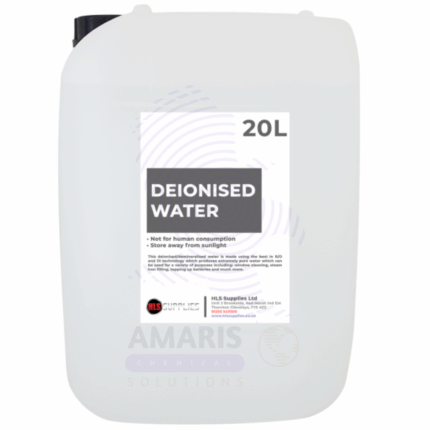
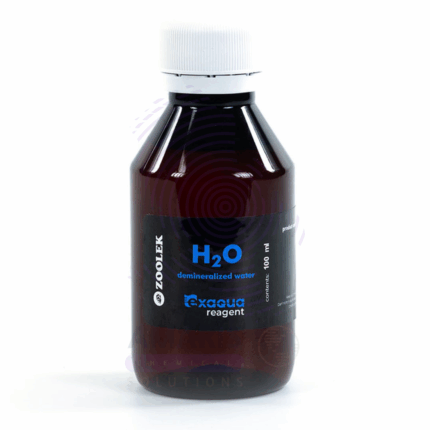

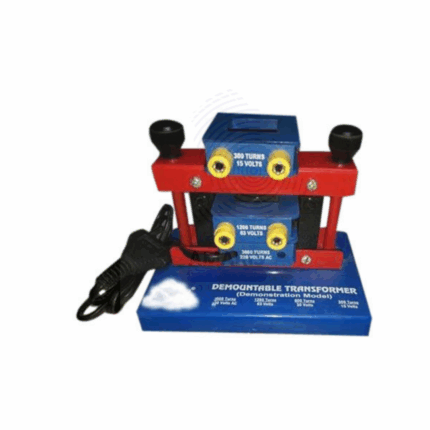
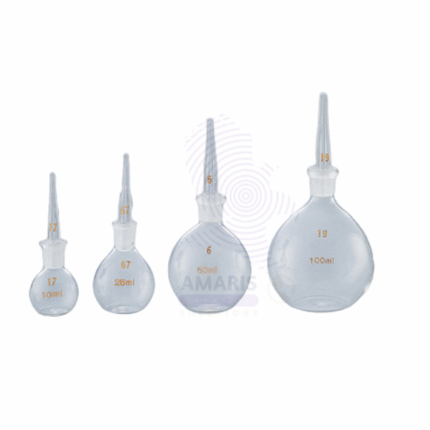
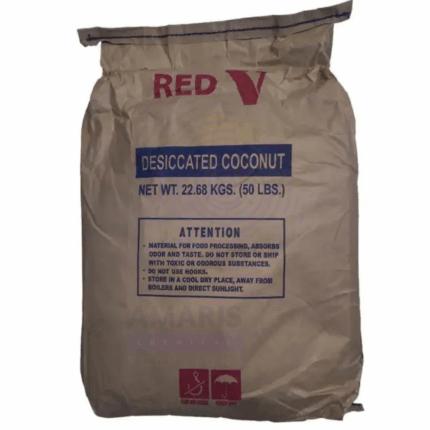

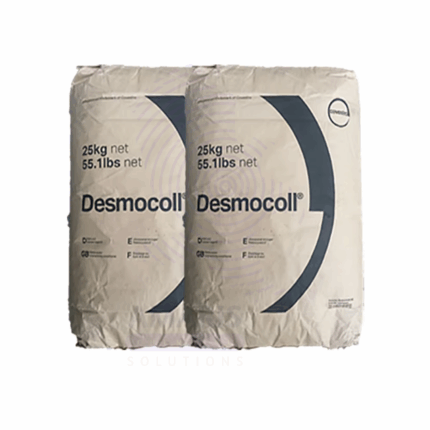
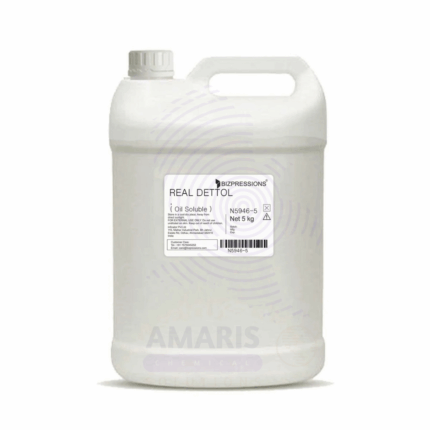
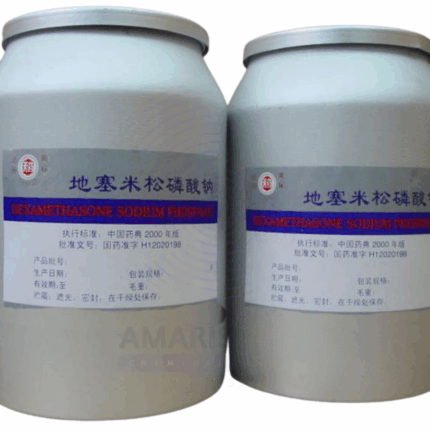
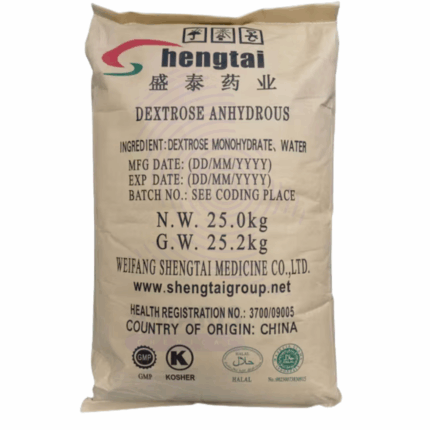
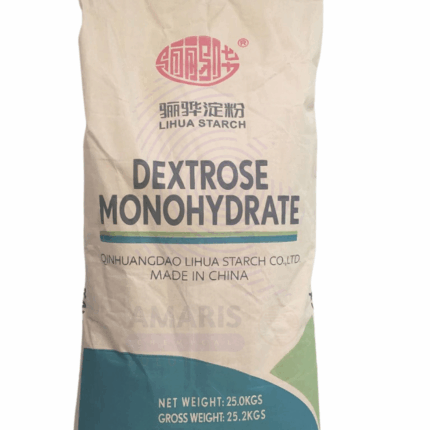
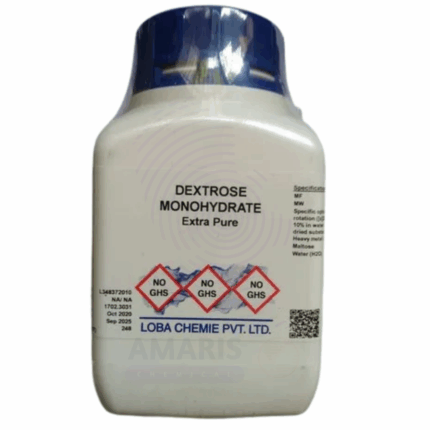
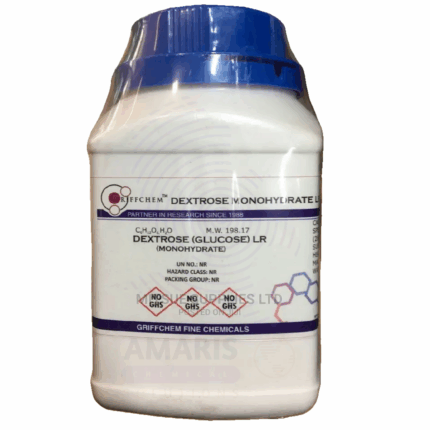
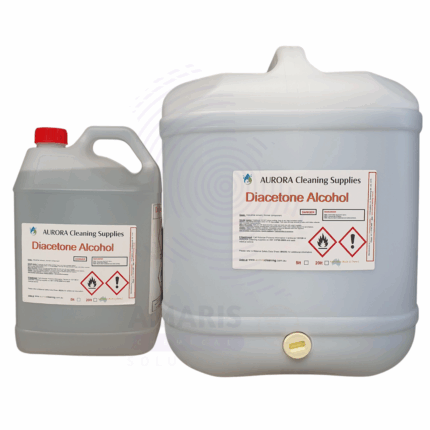
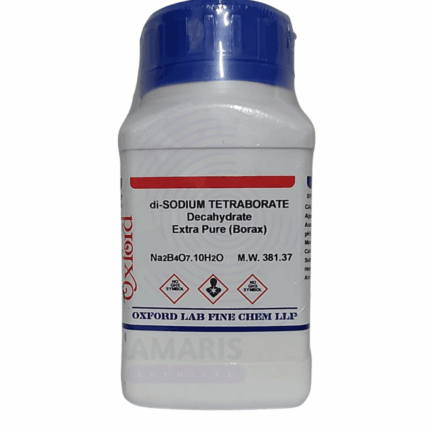
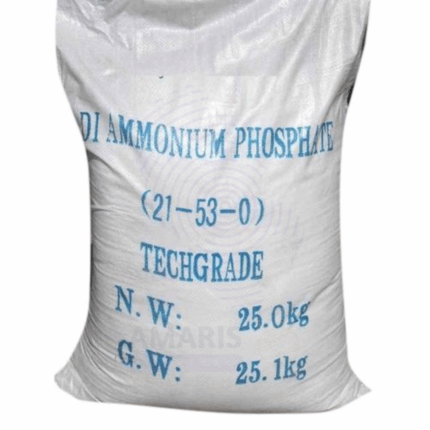
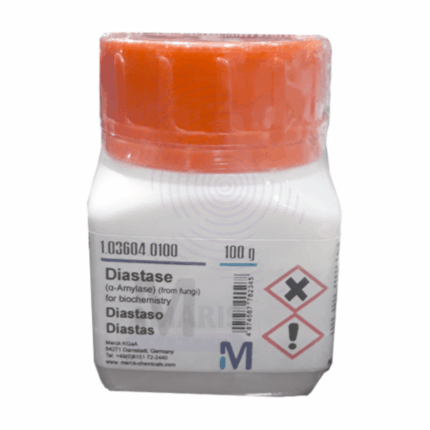

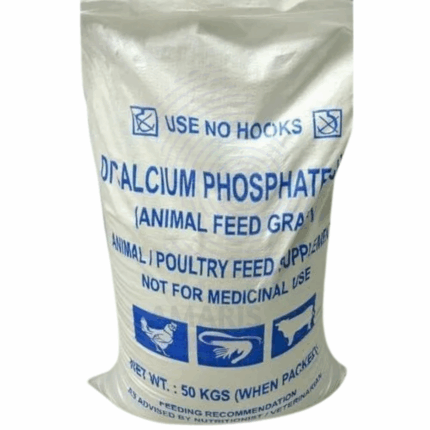
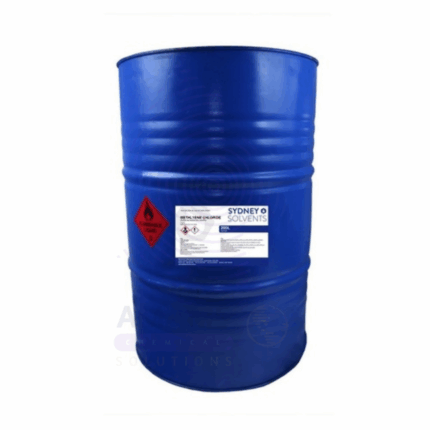
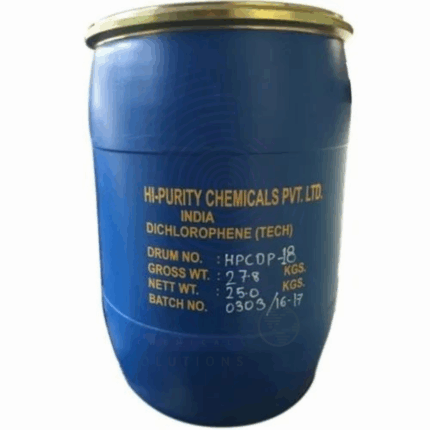
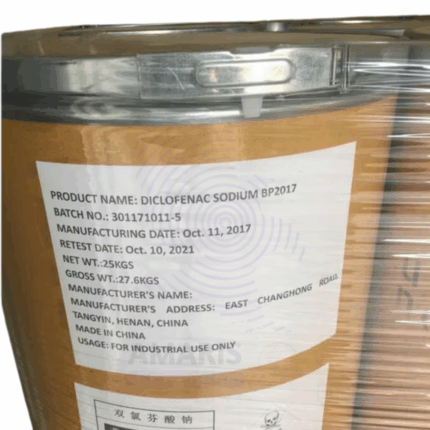

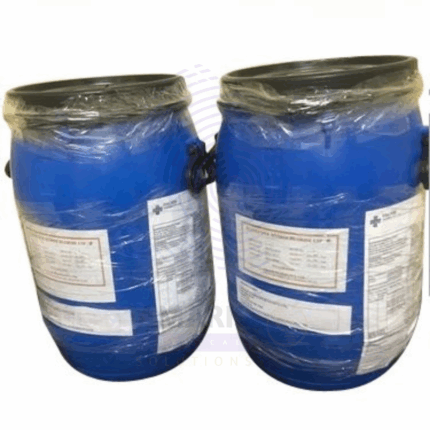
![Diethanolamine [C4H11NO2 or (CH2CH2OH)2NH] Amaris Chemicals](https://amarischemicalsolutions.com/wp-content/uploads/2025/07/Diethanolamine-C4H11NO2-or-CH2CH2OH2NH-Amaris-Chemicals-430x430.png)
